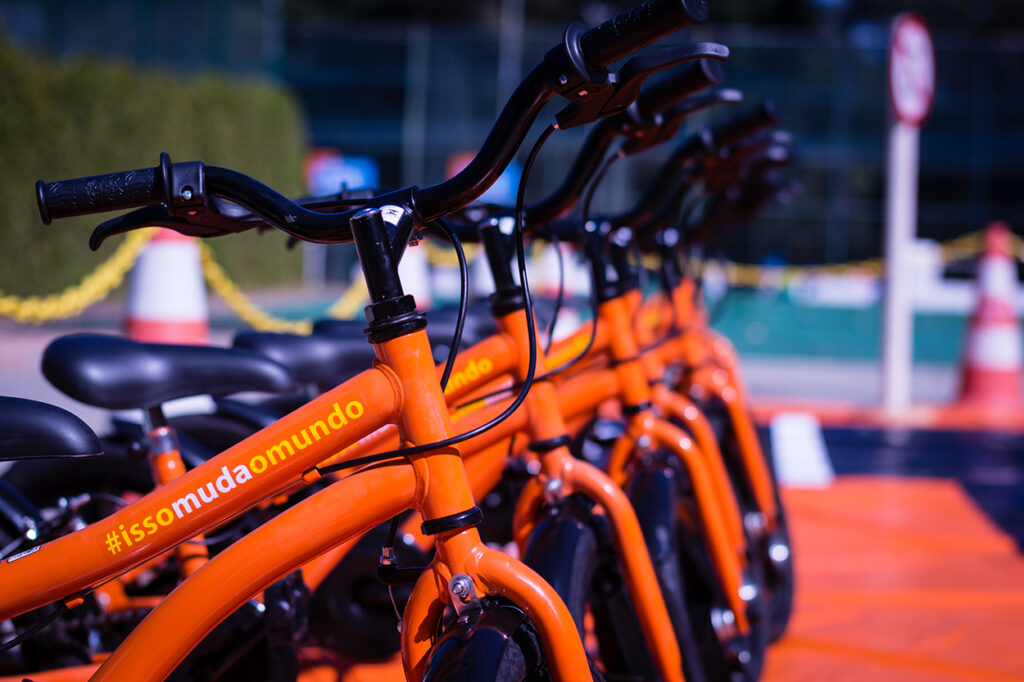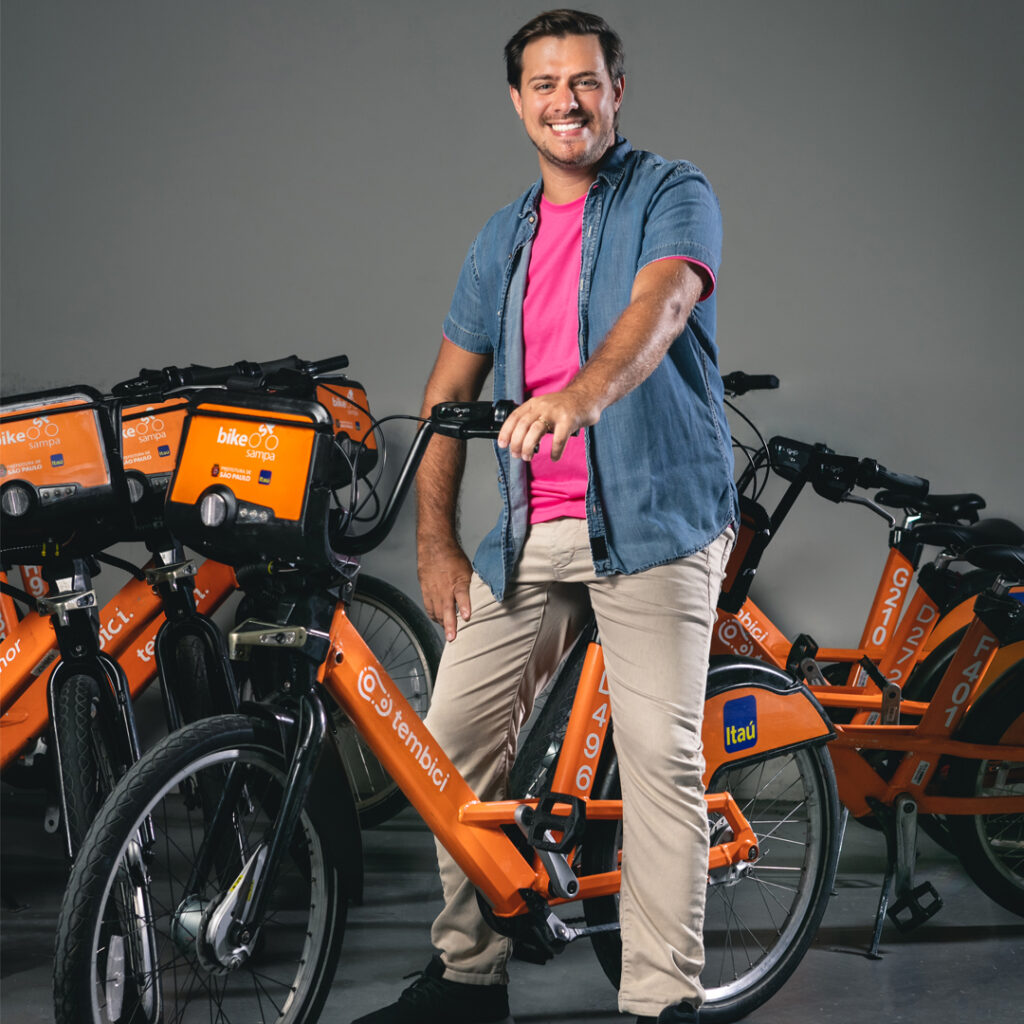
Tembici CEO a Few Weeks Ahead of Bogotá’s Launch: “We Have a Strong Focus on Promoting E-bikes”

It will be on the second half of 2022 when, progressively, Tembici’s Bicycle Sharing System will arrive to Bogota, Colombia, as part of the decarbonization plans the city is carrying out on transportation.
At least 3,300 bicycles distributed among 300 stations, 150 bicycle seats, 150 chairs for transporting children, 150 bicycles with boxes and 1,500 pedal-assist bicycles will be part of the project, including two-wheeled models similar to those established in New York, London, Chicago, Dubai and Barcelona.
In order to learn a little more about how the system works and Tembici’s future plans, Latam Mobility talked to its CEO and Co-Founder, Tomás Martins.
During the interview, the head of the company also revealed the cycling projects focused on electric bicycles that are currently being carried out. All this, within the framework of Tembici’s mission to put into circulation about 10,000 new bicycles this year.

Tell us briefly what is Tembici and what are the main objectives for the medium and long term.
We are leaders in micro-mobility technology in Latin America, currently responsible for more than 60 million bicycle trips in the main Brazilian capitals, such as Rio de Janeiro, São Paulo, Salvador, Recife, Porto Alegre and Brasilia. We are also in Santiago de Chile and Buenos Aires, Argentina.
Our bicycles are robust and developed specifically for sharing systems. This directly influences the safety and comfort of the rider.
It is important to mention that we are pioneers developing cycling projects centered on electric bicycles. We are focused on further aligning our governance with the ESG agenda. In addition to helping to reduce environmental impacts by reducing carbon emissions, the bicycle has enormous power for social transformation.
What were the main reasons for Tembici to settle in Bogota and how do you see micromobility in the city for the short and medium term?
Expanding our operations to a new Latin American country, bringing the experience we have gained over the last 11 years, with a strong investment in technology and e-bikes, is part of our growth and expansion plan. We have a mission to transform cities and the way people travel, and this is another important step towards that purpose. Bogota is a benchmark in active mobility and has an excellent cycling network with more than 550 kilometers of structure. Its first bicycle lane is almost 50 years old. And in the scenario of the pandemic, the prefecture implemented several initiatives to further encourage the use of the pedal.
Could you mention some details about the Bicycle Sharing System for Bogota?
Tembici stations are planned to be distributed in Usaquén, Chapinero, Barrios Unidos, Santa Fe and La Candelaria. The locations were defined through studies and analysis by the company’s team of urban planners, evaluating criteria such as proximity to cycling infrastructure, possibilities of higher demand and integration with public transportation. The system will start operating gradually from the second half of 2022 and it is expected to have all the bicycle service and stations available in September.
At some point do you think Tembici could have a segment dedicated to scooters or microcars, considering the constant evolution of these vehicles?
Although we are constantly exploring the possibilities for sustainable active mobility, although as a partnership, as previously mentioned, our mission is to transform cities through bicycles. We continue to see many opportunities for modal and now the e-bike, which is the big global trend and this is our focus in the short and medium term.
About Tembici
Tembici is the leading micromobility company in Latin America, responsible for more than 60 million bicycle trips in the main Brazilian capitals, such as Rio de Janeiro, São Paulo, Salvador, Recife, Porto Alegre and Brasilia, as well as Santiago, Chile, and Buenos Aires, Argentina.





